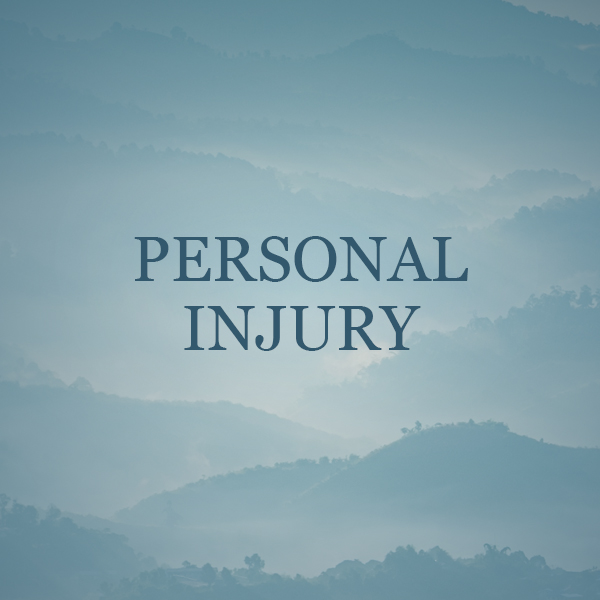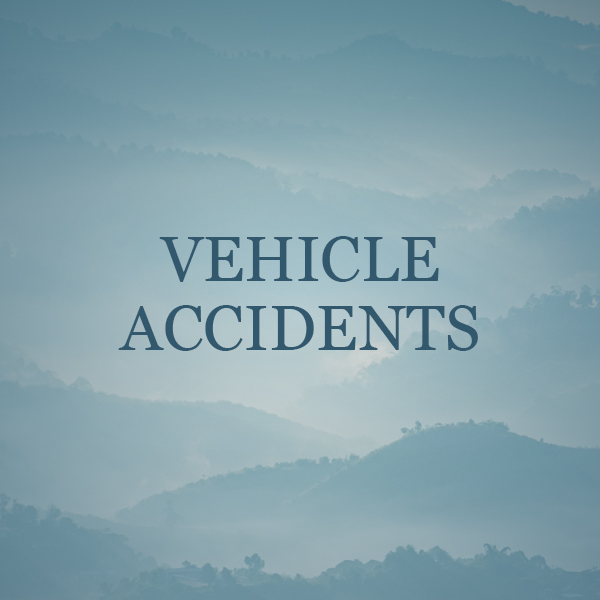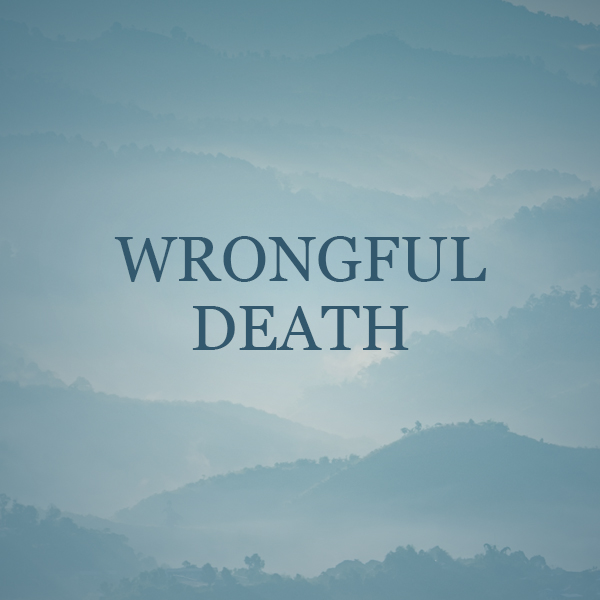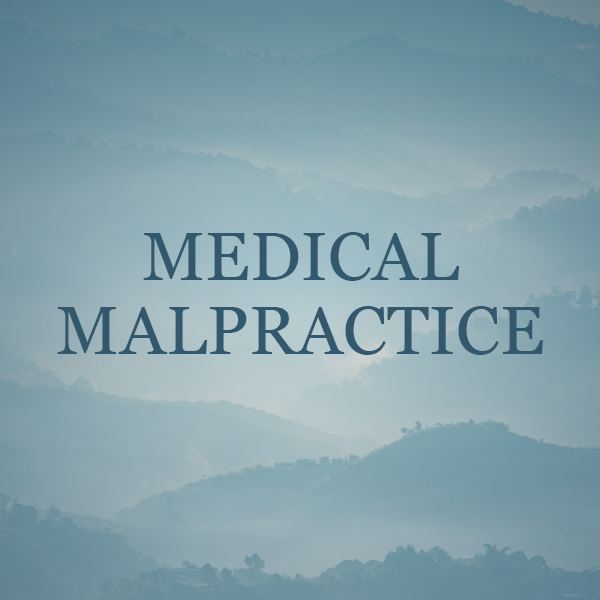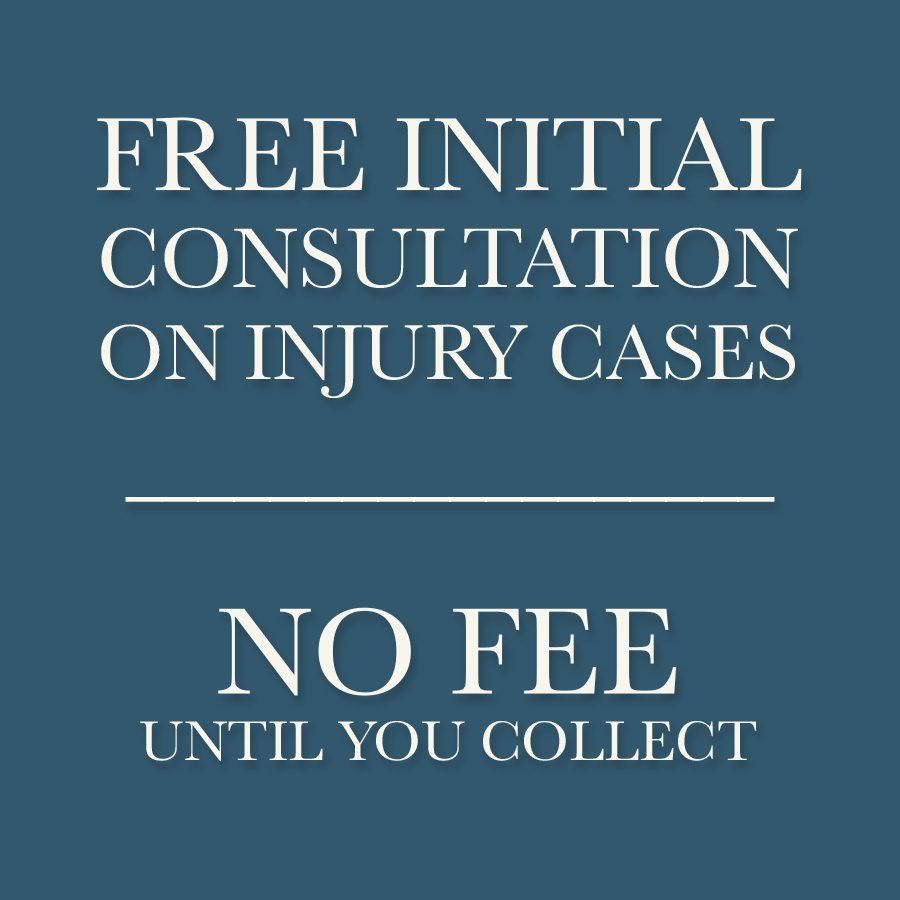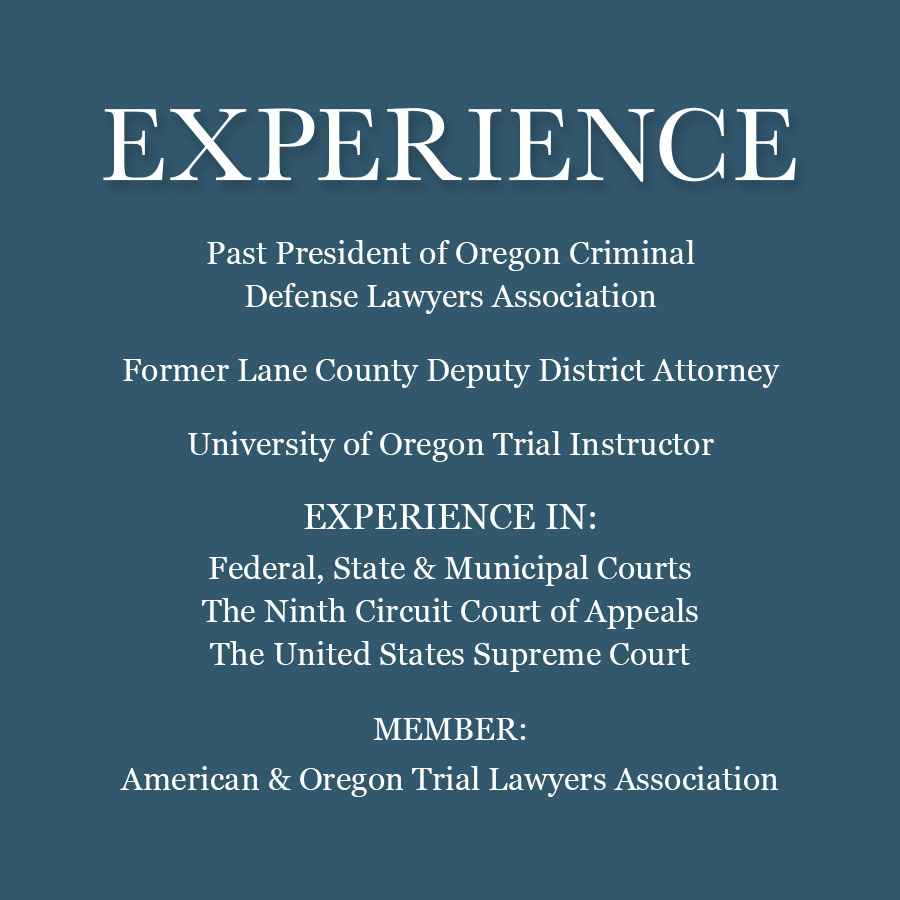As one of Eugene’s top medical malpractice lawyers, Veralrud and Fowler endeavors to keep on top of the latest developments in tort and medical malpractice law.
This month’s article highlights the case of Claudia Johnson v. Open Door Community Health Centers.
It is a tale full of interesting legal twists and turns focusing on the question: does an accident that occurs on the premises of a medical service provider constitute ordinary negligence or professional negligence?
Medical Malpractice After The Fact
It started as a normal trip to the doctors to review some test results.
Claudia Johnson could never have imagined that the events of that fateful day would propel her to national notoriety.
Nor could she ever have anticipated the way the court would rule.
What looked to Johnson and her lawyers like an open and shut case of ordinary negligence.
Open Door Community Health Center’s lawyers disagreed.
They asserted that the case fell under the auspices of California’s Medical Injury Compensation Reform Act. Enacted by the state legislature in 1975, the Medical Injury Compensation Reform Act was a sweeping set of policies and guidelines designed to (among other things) protect medical service providers from excessive and frivolous lawsuits.
The rationale was one that should resonate with anyone currently paying catastrophic healthcare insurance premiums: by reducing the medical malpractice liability exposure health care providers must shoulder, you reduce the overall cost of healthcare in the state.
MICRA, as the Medical Injury Compensation Reform Act came to be known, suffered several challenges throughout the 1970’s and 1980’s.
For the most part, MICRA made it through intact. MICRA continues to govern medical malpractice claims and compensation in California through five main areas of regulation: damage caps, provisions controlling attorney’s fees, binding arbitration, periodic payments, and time limits placed on claims.
Medical Malpractice Statute of Limitations
At issue in the case of Claudia Johnson v. Open Door Community Health Centers, the question of time limits placed on claims becomes the main issue. Open Door Community Health Center’s lawyers made the case that the accident suffered by Claudia Johnson was subject to MICRA.
Johnson’s lawyers insisted that the special time limits imposed on a professional liability for medical providers in MICRA could not possibly apply.
Let’s look at the facts of the matter:
On the morning of November 3, 2011, Johnson arrived at Open Door Community Health Centers with the intention of undergoing a few routine medical tests.
Like many other visits to the doctor, the staff checked Johnson in, took her vital signs, and had her change into a medical smock.
As part of taking her vital signs, staff weighed Johnson using a standard industrial floor scale of the sort we are all familiar with.
As you could imagine, these scales are very heavy.
Made of thick-gauge steel and internal components that must withstand thousands of uses, sometimes under very heavy load.
So, when John tripped over the scale on her way out of the building after having left the treatment room, it did not have even a little give.
The resulting fall left Johnson with serious injuries that would only gradually reveal their severity over the course of time.
Any medical malpractice attorney worth their salt will tell you that a successful tort claim is all about timing: launch your case too early, and you may miss damages that take a while to appear, such as chronic injuries or the need for multiple corrective surgeries.
All of these problems carry associated costs add up quickly, and if a judgement is rendered before they have a chance to play out, a personal injury attorney might miss out on a substantially more just claim for their client.
A Simple Legal Question
No one disputes what happened on that afternoon in 2011.
Both Johnson’s and Open Door Community Health Center’s lawyers agree that the scale had been moved to a place in the hallway that could have presented a tripping hazard.
Open Door Community Health Center’s lawyers had no problem asserting as much.
They were confident because, under the provisions of MICRA, professional medical service providers are only subject to professional liability tort claims for up to a year after the incident.
Like good personal injury attorneys, Johnson’s lawyers waited as long as possible before filing Johnson’s claim.
They believed, with good reason, that MICRA simply did not apply to the case.
In the state of California, simple negligence claims have a two-year statute of limitations.
And, Johnson’s lawyers asserted, the accident was perspicuously a case of simple negligence despite Open Door Community Health Center’s arguments to the contrary.
Important Personal Injury Lawsuit Details
The whole question hinged on a provision in MICRA that defined exactly what sort of situations were covered by its time limit rules.
Specifically, the statutes of limitations imposed by MICRA apply to “negligent act or omission to act by a health care provider in the rendering of professional services.”
Open Door Community Health Center claimed that since they were a licensed health-care provider, they were covered under MICRA.
Johnson’s lawyers shot back that, though Open Door Community Health Center was certainly a “licensed health care provider”, what happened to Claudia Johnson did not fall under the heading of “rendering professional services.”
Providing obstruction-free ingress and egress from your facility is not a responsibility unique to medical service providers.
It is a standard that would apply just as soon in a Wal-Mart or a quarry as it would in a medical facility.
Therefore, MICRA (which specifies that the act or omission must occur in the context of providing professional services) could not and did not apply.
Important Personal Injury Lawsuit Details
A Good Personal Injury Lawyer in Eugene Makes All The Difference
The court sided with Johnson.
Her lawyers made sure their client received the compensation she deserved. Eugene’s (97401, 97402 and beyond) own Veralrud and Fowler study cases like Claudia Johnson v. Open Door Community Health Centers every day.
Being in the know helps them give their clients the best personal injury lawsuit representation available. Call us today for a free consultation.
SWIPE FOR MORE CATEGORIES
WHY CHOOSE US


